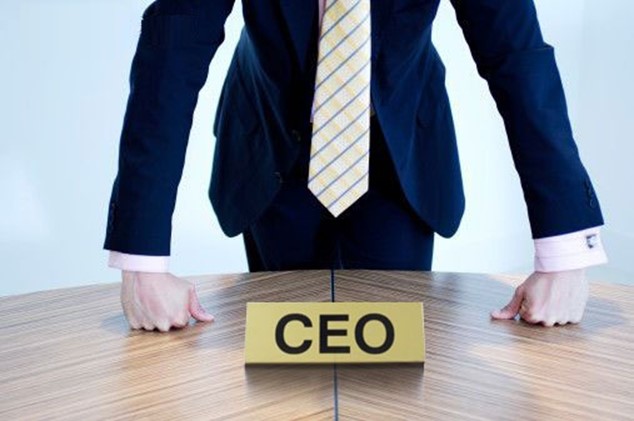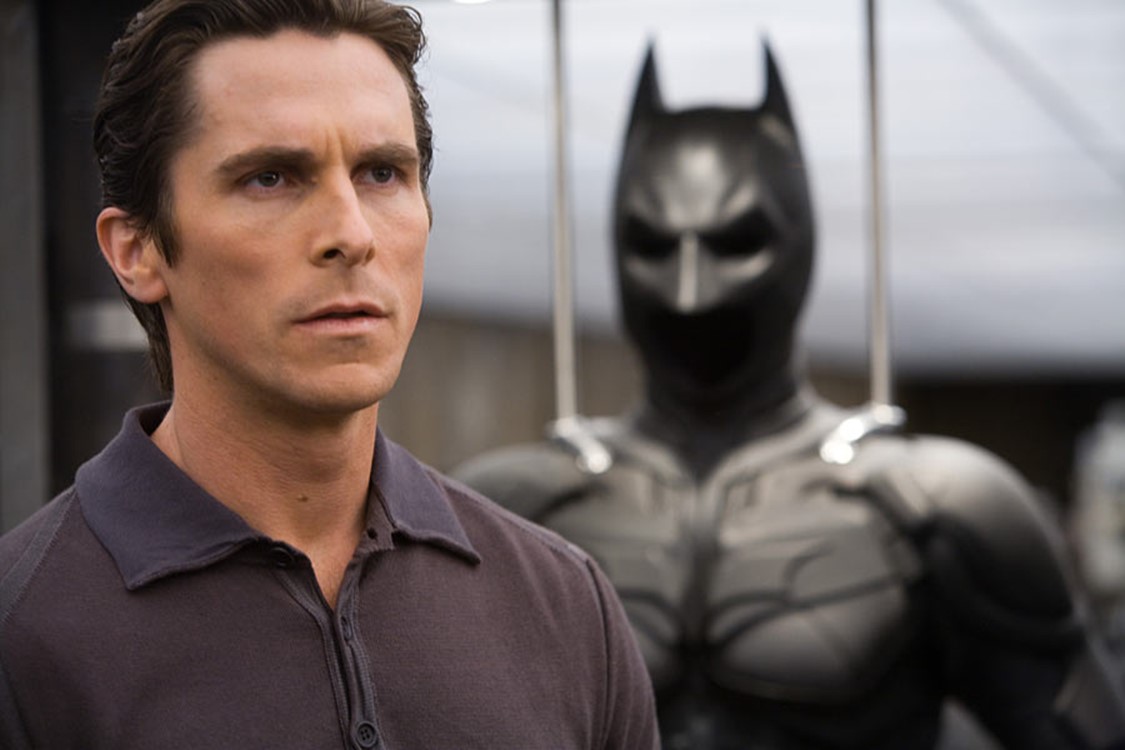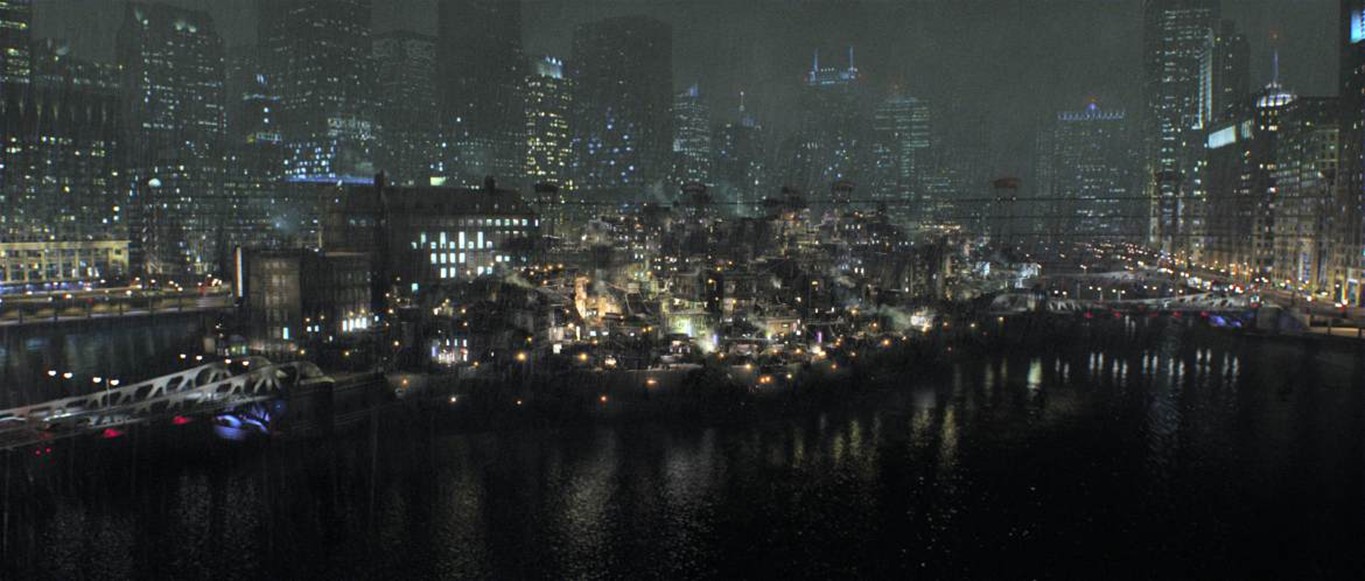Job Title Inflation Over The Decades
July 18, 2012 in Daily Bulletin, Signature

Colm O’Regan took a look at the problem of job title inflation:
- These days it seems that the fewer the words the more prestigious the position. A CEO will always be better than a knowledge champion or a value driver lead.
- Idi Amin, the former dictator of Uganda took it to an extreme. His full title was: His Excellency President for Life, Field Marshal Al Hadji Doctor Idi Amin, VC, DSO, MC, CBE, Lord of all the Beasts of the Earth and Fishes of the Sea, and Conqueror of the British Empire in Africa in General and Uganda in Particular.
- However this problem has been with us for many years. Wilhelm II, Emperor of Germany, had a title that contained over 150 words and counted all the territories he controlled.
To read more including the debate about surgeons in the UK that sparked the article, what an arthymic oscillating technician does, why Amin had such a brazen title, the importance of job titles to humans, and why O’Regan considers himself ot be a humour enablement consultant click here.
Source: BBC










Join the Discussion! (No Signup Required)